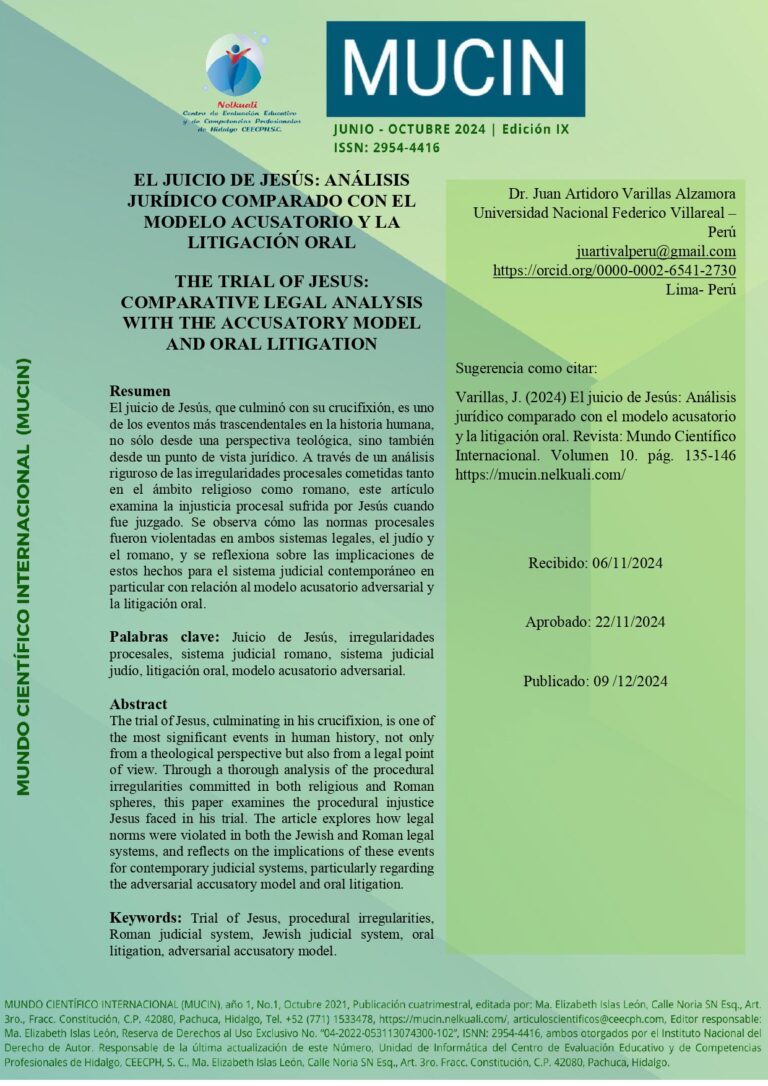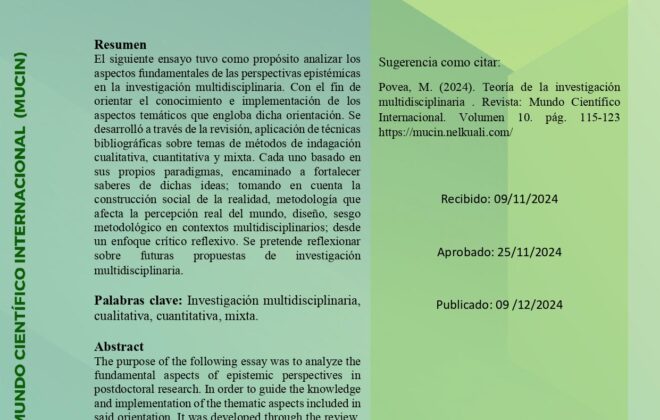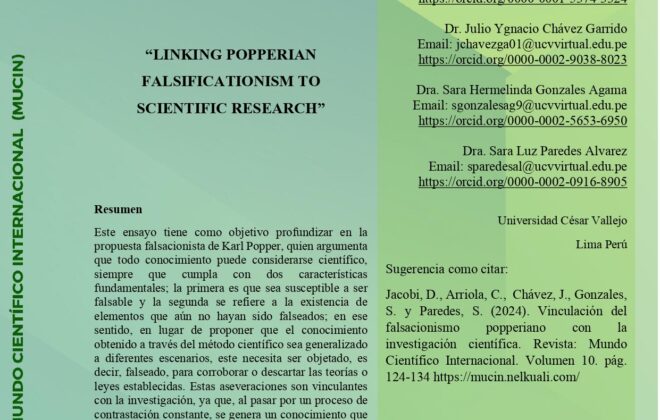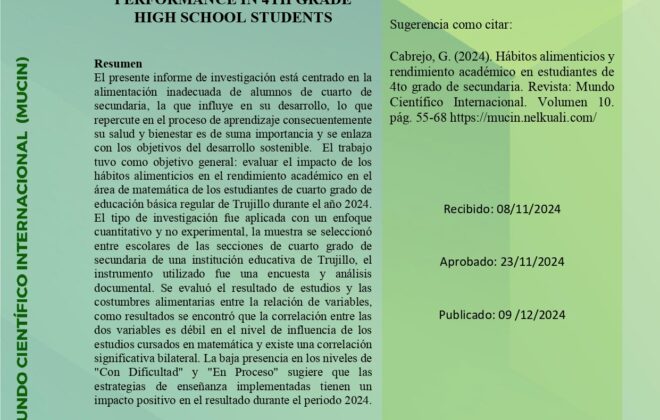El juicio de Jesús: análisis jurídico comparado con el modelo acusatorio y la litigación oral.
El juicio de Jesús: análisis jurídico comparado con el modelo acusatorio y la litigación oral.
Resumen
El juicio de Jesús, que culminó con su crucifixión, es uno de los eventos más trascendentales en la historia humana, no sólo desde una perspectiva teológica, sino también desde un punto de vista jurídico. A través de un análisis riguroso de las irregularidades procesales cometidas tanto en el ámbito religioso como romano, este artículo examina la injusticia procesal sufrida por Jesús cuando fue juzgado. Se observa cómo las normas procesales fueron violentadas en ambos sistemas legales, el judío y el romano, y se reflexiona sobre las implicaciones de estos hechos para el sistema judicial contemporáneo en particular con relación al modelo acusatorio adversarial y la litigación oral.
Palabras clave: Juicio de Jesús, irregularidades procesales, sistema judicial romano, sistema judicial judío, litigación oral, modelo acusatorio adversarial.
Abstract
The trial of Jesus, culminating in his crucifixion, is one of the most significant events in human history, not only from a theological perspective but also from a legal point of view. Through a thorough analysis of the procedural irregularities committed in both religious and Roman spheres, this paper examines the procedural injustice Jesus faced in his trial. The article explores how legal norms were violated in both the Jewish and Roman legal systems, and reflects on the implications of these events for contemporary judicial systems, particularly regarding the adversarial accusatory model and oral litigation.
Keywords: Trial of Jesus, procedural irregularities, Roman judicial system, Jewish judicial system, oral litigation, adversarial accusatory model.




